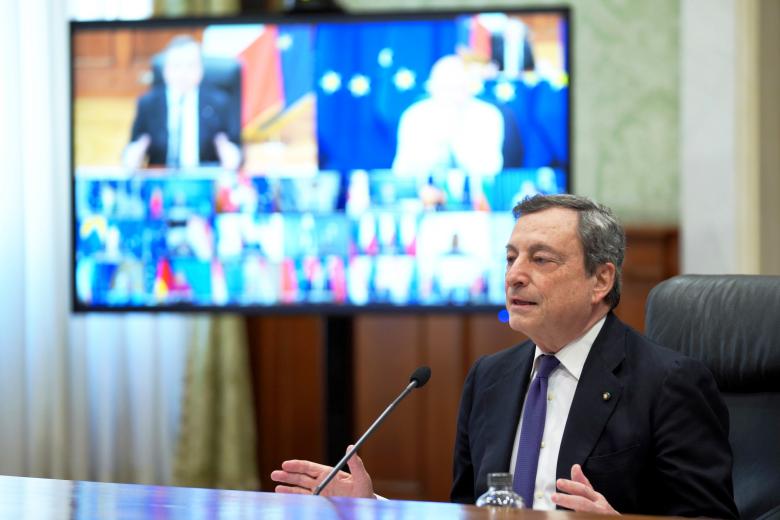On the importance of teaching critical approaches
As it stands, we don’t teach critical theory as part of the general international law syllabus in this Faculty. This is why, in October last year, I (with the help of several colleagues, for which I am extremely grateful) set up a reading group for students on Critical Approaches to International Law. I sent out word and hoped that students would be as enthusiastic about this idea as I was.
But first, why teach critical approaches?
In this short post, I reflect on some key reasons why this is so valuable.
First, international law is not as neutral as we like to assume. Understanding the inequities and biases that pervade the international legal order is fundamental to combatting them. It is the first step to decolonising international law, and teaching these theories is the first step to decolonising international legal education. They are essential to comprehending why international law is as it is, whom it serves, and how it could be different.
Second, it allows us to critically analyse the usefulness of international law in relation to the most pressing problems of our time. Can human rights really provide all that they promise? Are they really inherently good? Is international law capable of dealing with homophobia, poverty, the climate crisis? This allows students to review the law in relation to the real world and its challenges.
Third, it requires reflection on our own role in international law: our role as lawyers, academics, teachers, and anything else our students go on to be. We cannot escape the kaleidoscope of experiences and identities that make up who we are and how we see the world, but we can strive to understand them better and to react accordingly. That means understanding where we suffer from these inequalities, but also where we benefit, and indeed where we ourselves perpetuate them.
To be honest, when I set this up, I wasn’t sure what to expect. Students like talking about these subjects in class, but this was a significant extracurricular commitment at a time when many are already struggling with the added complexities of life during a pandemic.
Within two weeks of my announcement, over 50 students had signed up to the mailing-list (after I re-advertised in January, it rose to over 70). The first session was attended by 30 people ‘zooming in’ from around the globe. We have new people every month, some of whom have been invited by other participants. The contributions are high-quality, often brave and creative. It is intellectually stimulating to be present.
These issues permeate the legal discipline, not just international law. I would encourage colleagues, where they can, to engage with these questions and to engage students with them too. There are, of course, time- and capacity-related restraints. But if I have one lesson to share, it is that we perhaps sometimes expect too little of our students. This experience has underlined for me the value of providing this space, and of trusting students enough to allow them to occupy it.
| More blogs on Law Blogs Maastricht |
-
Are experts back in fashion? Four scenarios concerning the contestation of expertise in the European Union
There has been substantial political debate over the last decade about the role of experts in policymaking. But how are these trends likely to develop in future? Drawing on a new edited volume, Vigjilenca Abazi, Johan Adriaensen and Thomas Christiansen set out four distinct scenarios concerning the...

-
Administrative automated decision-making: what about the right to an effective remedy?
Automated decision-making (‘ADM’) systems are algorithm decision-making tools, which issue either a partial or a full decision. While their use by national public administration is no new phenomenon, the European Union (‘EU’) has now also embraced this novel method of administrative decision-making.

-
How many times can the ECtHR turn its head
Thank God for Judge Egidijus Kūris. In ECtHR ruling Ahmet Hüsrev Altan v. Turkey of 13 April, he showed that decontextualized analysis is not inherent to supranational judicial review. Once again saucing up his dissent with Bob Dylan, he asked “how many times can [the ECtHR] turn [its] head and...
